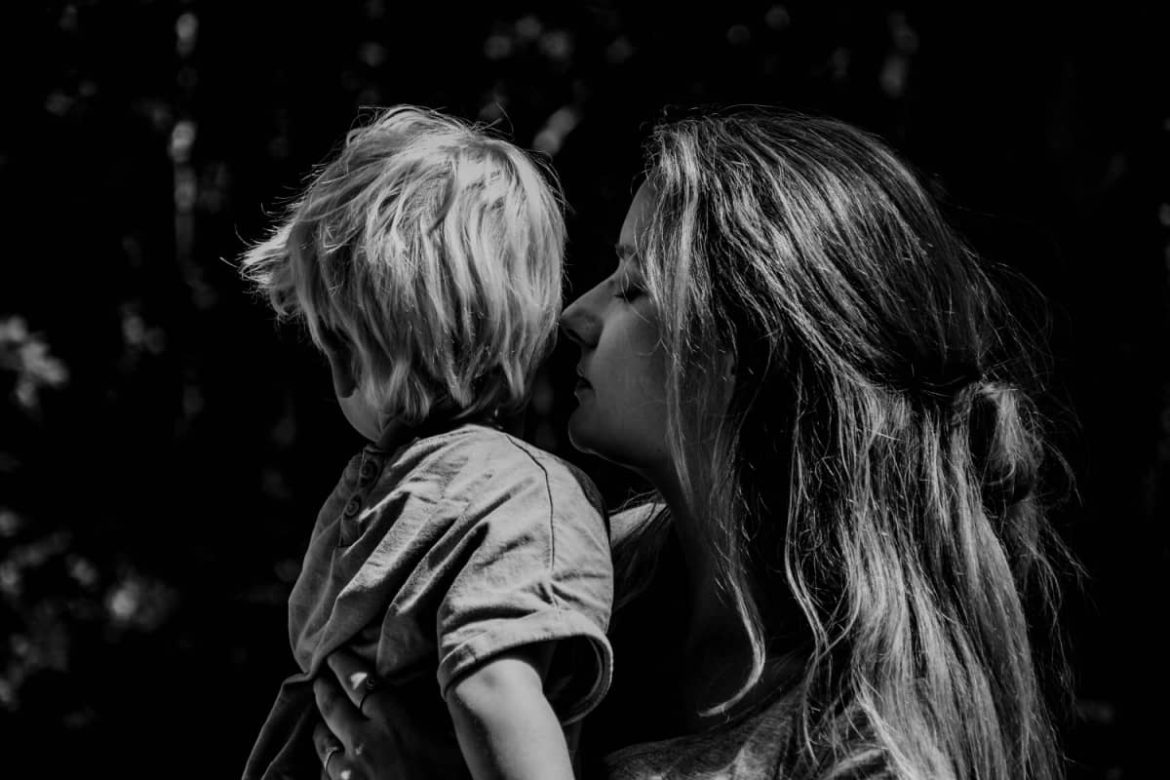Healing from Family Trauma
by Duygu Balan, LPCC, author and psychotherapist specializing in intergenerational trauma
“The wound is the place where the light enters you.” -Rumi
Our desire for connection is essential for survival, and the family unit traditionally provides a sense of security. Our identity develops through our attachments and interactions with loved ones. The dynamics we experience in early childhood shape how we view relationships and affect how we navigate social interactions.
Mild disturbances in a child’s perception of safety or a caregiver’s ability to provide comfort during distress may lead to short-term stress. However, as long as there is sufficient repair and warmth afterward, these experiences are unlikely to result in long-lasting attachment injuries.
What is family trauma?
Family trauma refers to abrupt, unplanned, or prolonged separations between caregiver and child, which can cause emotional detachment in the child. After a crisis, both the parent’s and the child’s sense of security may be severely affected, making it difficult to give or receive emotional signals.
Adverse childhood experiences (ACEs) include physical, sexual, and verbal abuse, as well as neglect. Other forms of trauma include exposure to family members with mental illness, witnessing intimate partner violence, or living in an unsafe neighborhood. These traumatic experiences can have a lasting impact on an individual’s physical and mental health.
The impact of trauma
Extended and prolonged exposure to stress from traumatic experiences can affect the development of an individual’s body, brain, and immune system. Studies have shown a link between these stressors and the onset of chronic diseases such as heart disease, diabetes, autoimmune disorders, and cancer.
The more stressors a person experiences, the greater the impact. Two-thirds of adults have experienced one or more types of adverse childhood experiences, and over 80% of them have experienced two or more. Traumatic stressors occur across demographics, races, and socio-economic statuses. No one is immune to trauma.
The long-term consequences of trauma include difficulty regulating emotions, increased incidence of mental health disorders, self-injurious behaviors, and substance abuse. Individuals with significant traumatic experiences also have a decreased life expectancy. Trauma impacts school and work performance, cognitive and emotional functioning, and overall well-being.
Prevention, recognition, and reducing the stigma
Given the prevalence of trauma, it is crucial to reduce the stigma surrounding it and work toward prevention, recognition, and treatment. In schools and workplaces, implementing policies and procedures that support individuals, families, and communities can make a significant difference.
Early identification and engagement, along with access to treatment, are key to healthy recovery and building resilience. Mindfulness and emotional intelligence can be learned and help individuals develop healthy coping mechanisms. Social and community-based approaches, such as education, legislative measures, and addressing social inequalities, can also prevent trauma.

Healing from childhood trauma
Support systems within communities are crucial for healing from trauma. Providing creative outlets for expression, access to various activities, and safe spaces for children to share their experiences are all important. Effective communication within families, secure parenting styles, and open expression of emotions foster supportive environments and reduce the harmful effects of trauma.
Resilience And Trauma Healing Strategies
Building resilience and healing from trauma require specific skills and strategies. Some recommendations include:
- Encouraging children to speak about their feelings and fostering an environment where family members can come together during times of sadness or fear.
- Allowing children to express their needs and wishes without imposing words on them.
- Maintaining appropriate boundaries and consistency with routines, as consistency fosters a sense of safety.
- Modeling emotion regulation and avoiding extreme levels of anger or irritability.
- If necessary, implementing consequences rather than punishments and reinforcing desired behaviors.
Trust, openness, and comfort within a safe space for expressing emotions are critical within the family. Collaboratively solving problems and maintaining flexibility and open-mindedness contribute to healthier family dynamics. Additionally, creative exercises like creating a family crest can aid in the healing process.

Trauma treatments
Seeking professional help through therapy, both individually and as a family, can be invaluable in healing from trauma. Access to mental and physical health care, as well as support systems in the community, can facilitate healthy recovery. Cognitive processing therapy and other trauma-focused interventions have shown positive results in trauma healing.

Conclusion
Addressing and healing from trauma is a journey that requires acknowledging the impact of family trauma and actively working toward recovery. It’s important to seek help and support, as ignoring trauma symptoms will not make them go away. With hope, resilience, and the right strategies, it is possible to heal from trauma and move towards a healthier future.

